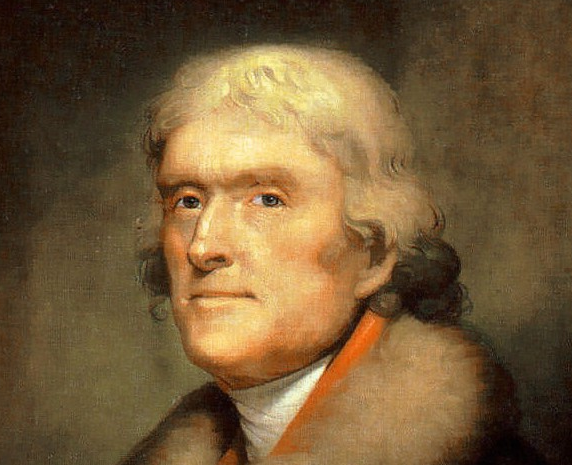April 13 marked the birthday of American hero Thomas Jefferson. Best known for his role in penning the Declaration of Independence, Jefferson also held the rare and prestigious post of President of the United States.
His path to the White House, however, was long and contentious, a fact referenced numerous times during the equally bitter 2016 election.
Despite the negative similarities between Jefferson’s campaign and more recent ones, Jefferson exhibited several traits not normally seen in today’s politicians, namely, a shunning of political grandstanding and a desire to foster informed reasoning. Nowhere is this more apparent than in the first State of the Union Address Jefferson delivered to the Legislature.
Unlike many modern presidents, Jefferson seems to have decided that it was unnecessary to place himself front and center by giving the State of the Union Address in public. Instead, he delivered his remarks in written form, accompanying them with the following explanation:
“The circumstances under which we find ourselves at this place rendering inconvenient the mode heretofore practiced of making by personal address the first communications between the legislative and executive branches, I have adopted that by message, as used on all subsequent occasions through the session. In doing this I have had principal regard to the convenience of the Legislature, to the economy of their time, to their relief from the embarrassment of immediate answers on subjects not yet fully before them, and to the benefits thence resulting to the public affairs. Trusting that a procedure rounded in these motives will meet their approbation, I beg leave through you, sir, to communicate the inclosed message, with the documents accompanying it, to the honorable the Senate, and pray you to accept for yourself and them the homage of my high respect and consideration.”
In today’s world, the political ideas and statements of politicians often seem to be made on a spur of the moment basis. Egged on by the media’s quest for quick soundbites – and yes, even political intrigue and bickering – the statements rarely contain anything other than talking points which toe the party line.
In such a world, Jefferson’s approach to his first State of the Union is refreshing. Rather than using a public address to get his points across, Jefferson sought to have his remarks pondered carefully and thoroughly. He recognized that allowing all parties to have time to reason, discuss, and debate various political ideas before responding would be of greater benefit to the American people.
Would the United States be wise to follow in Jefferson’s footsteps? Instead of playing a continual game of political “gotcha,” do American politicians need to take a step back and give more time to rational discourse and the great conversation of ideas?
—
Image Credit:
Rembrandt Peale, Public Domain
















Leave a Comment
Your email address will not be published. Required fields are marked with *